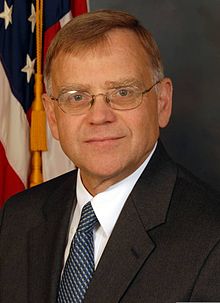
Michaecl Taylor
董事长
太平公司
活动家是第三方嘉宾邀约平台。可根据演讲议题、会议日期、活动预算等要求,为您提供该领域内专业嘉宾演讲邀约服务。您可准备好活动信息后,联系客服电话:18911802888(工作日9时至18时,仅邀约嘉宾出席活动,其他需求勿扰)
Taylor received a B.A. degree in political science from Davidson College and a law degree from the University of Virginia. In 1976, after passing the bar examination, he became a staff attorney for the Food and Drug Administration, where he was executive assistant to the FDA Commissioner.
From 1981 - 1991 Taylor worked in private law practice at King & Spalding, one client of which was the biotechnology company Monsanto. He established and led the firm's food and drug law practice.
In 1988 he published an article entitled "The De Minimis Interpretation of the Delaney Clause: Legal and Policy Rationale" in the Journal of the American College of Toxicology (now called the International Journal of Toxicology), which he had previously presented in December 1986 at a symposium on Topics in Risk Analysis, sponsored by International Life Sciences Institute Risk Science Institute, Society for Risk Analysis, and Brookings Institution. The paper was delivered and published during the midst of a debate and litigation over federal agencies' interpretation of the Delaney clause, a part of a 1958 federal law that prohibits any carcinogenic chemical from being added, in any amount, to food that is processed. As analytical instrumentation increased in power and more agents were found to be carcinogenic at very low levels, the agencies had developed a quantitative risk assessment approach to interpreting the Delaney Clause, which stated that if a carcinogen was present at levels less than 1 in 1,000,000 parts (1ppm), the risk of that carcinogen was "de minimis", and it could be allowed on the market.In his article, Taylor presented arguments in favor of this approach. Advocates in favor of organic food have criticized Taylor for taking this stance and have attributed the stance not to a good faith effort to reasonably regulate, but to an alleged desire to benefit Monsanto financially.
